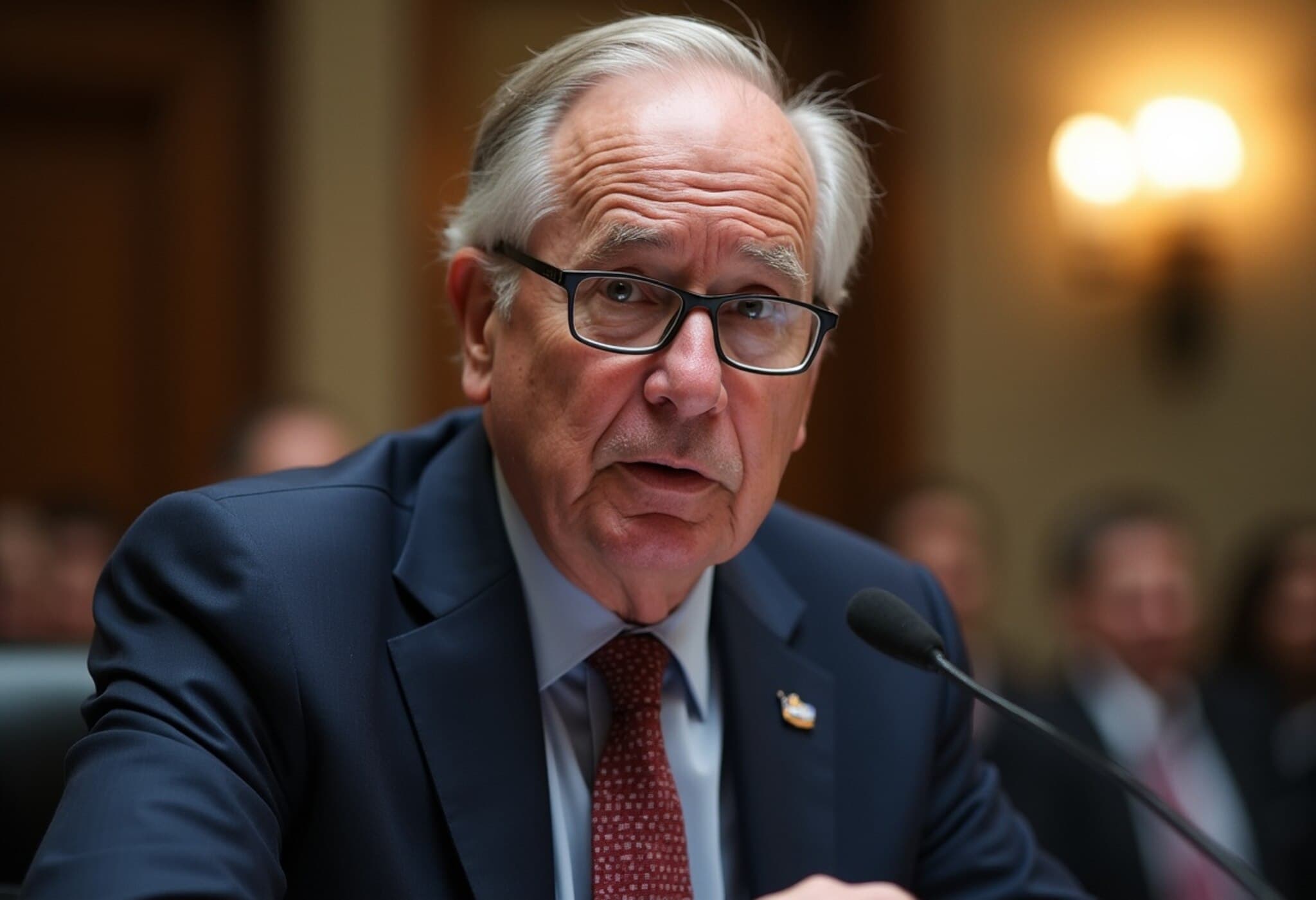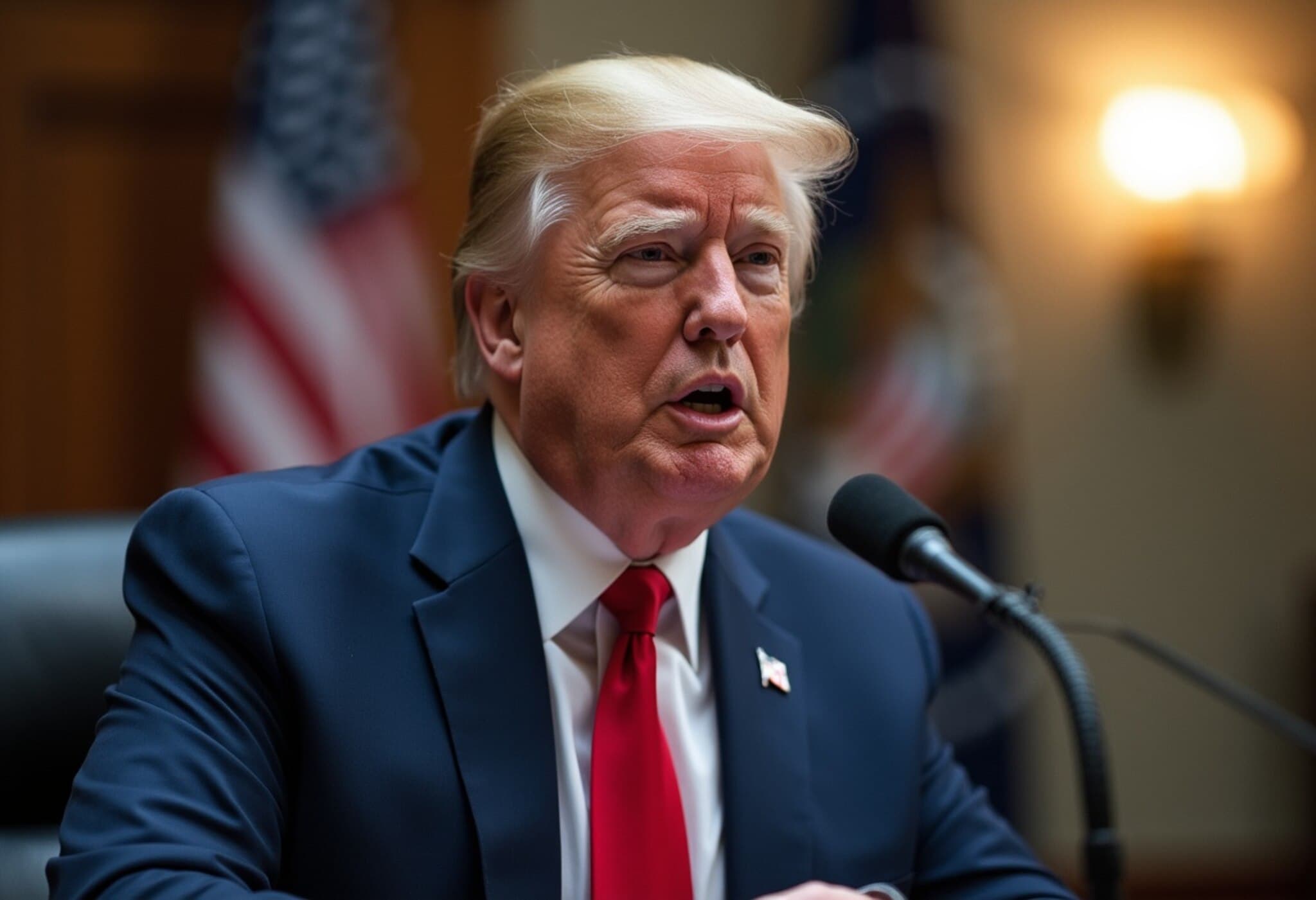Bipartisan Initiative Aims to Empower Middle-Class Workers with Stock Ownership
In a bold move to reshape economic equity, a newly introduced bipartisan bill in Congress spearheaded by Rep. Tom Suozzi (D-N.Y.) and Rep. Mike Kelly (R-Pa.) proposes a transformative incentive for companies to share stock ownership with their rank-and-file employees. The Share Holder Allocation for Rewards to Employees (SHARE) Plan Act aims to reinforce America's middle class by fostering broader employee wealth through corporate stock distribution.
Understanding the SHARE Plan Act
The SHARE Plan Act offers a 3 percentage point reduction in the corporate tax rate for large companies that commit to distributing at least 5% of their stock ownership to the lowest-paid 80% of their workforce. This incentive reflects a rare moment of cross-party consensus, with the bill co-sponsored by eleven members of the influential tax-writing Ways and Means Committee.
Rep. Suozzi, speaking on CNBC’s Squawk Box, illuminated the stark wealth divide the bill seeks to address: "The top 10% of wealth holders in America currently control 93% of all stock, while the bottom 50% own a mere 1%." By redistributing stock value more equitably, the legislation envisions transferring nearly $4 trillion in stock value to nearly 40 million middle-class Americans, signaling a significant step toward shared prosperity.
How Will It Work?
- Companies may issue new shares, dilute existing shares, or buy back stock to facilitate employee distribution.
- The initial dilution of share price is expected but potentially offset by the reduced tax burden from the 3% tax rate cut.
- For large corporations—think tech giants with massive market caps—the bill allows a cap, limiting stock awards to $250,000 per employee to balance economic feasibility.
- Stock granted under the plan would be tax-exempt income to employees and fully deductible for companies.
- To qualify for the tax cut, corporations must grant at least 1% stock in the qualifying year or cumulatively reach 5% over time.
Implications for Workers and Companies
Beyond financial redistribution, the bill aims to foster employee loyalty and create entrepreneurs within the workforce. By broadening ownership, workers gain a tangible stake in their company’s success—potentially enhancing motivation, retention, and productivity. This approach aligns with a growing economic philosophy advocating for an “ownership society” where wealth is not concentrated but shared.
Experts note that such policies could also cushion middle-class Americans against economic volatility by embedding wealth through stock equity, traditionally reserved for the affluent. This could, over time, narrow wage and asset inequities that have been widening for decades.
Bipartisan Cooperation and Broader Context
Rep. Suozzi highlighted the bill’s bipartisan support as a refreshing contrast to the usual partisan gridlock, expressing hope that lawmakers can unite to confront fundamental economic challenges together. "We need to expand the ownership society in our country so that people who go to work every day can participate in the great success of this great country," he emphasized.
As the debate unfolds, important questions emerge: How will shareholders react to potential dilution? What safeguards will ensure equitable distribution rather than token gestures? Can this model bridge the growing wealth gap without compromising business competitiveness? These debates mark a critical juncture as policymakers explore novel solutions to economic inequality.
Editor’s Note
The SHARE Plan Act represents more than just a tax adjustment—it embodies a strategic effort to realign corporate America with the interests of its broader workforce. While its success hinges on careful implementation and corporate buy-in, this bill revitalizes an essential conversation on economic fairness and the means by which American workers share in their companies’ prosperity. Observers should watch closely how this legislation navigates the balancing act between stimulating employee ownership and maintaining robust capital markets.



















